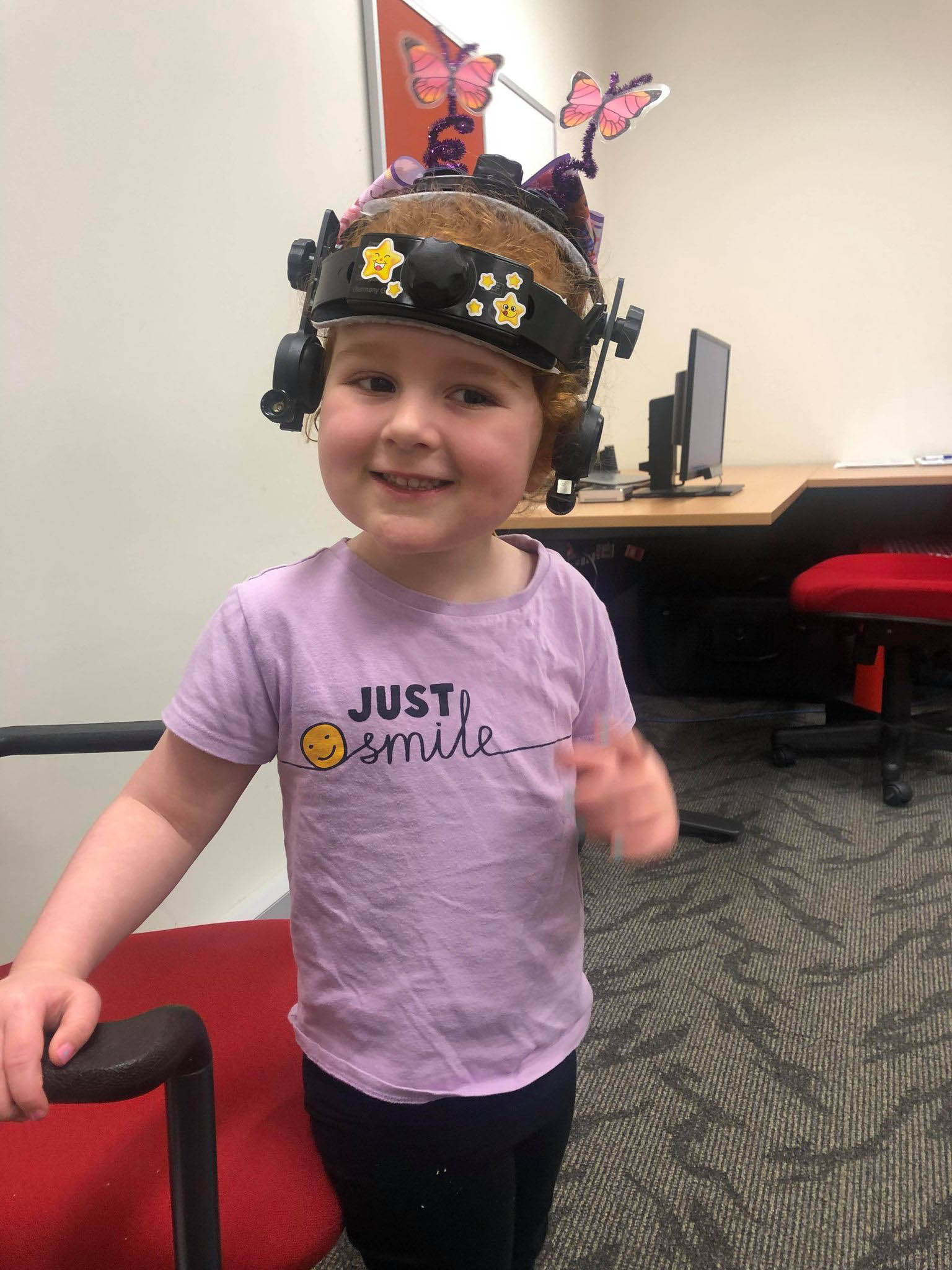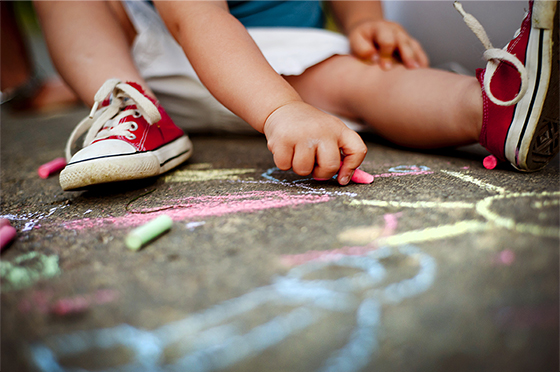Young children with developmental delay
We are interested in understanding the very early development of children with developmental conditions, and developing new ways of assisting their brain development.
Our aim is to support each and every baby to reach their full potential by providing them the right support at the right age. Our projects in this area are:
- AICES Study: A clinical trial of an individual therapy for babies showing early social communication delay.
- CUB Study: A trial of a world-first program that helps parents understand their baby’s early social and communication abilities and empowers parents to interact with their baby in a way that supports their early development.
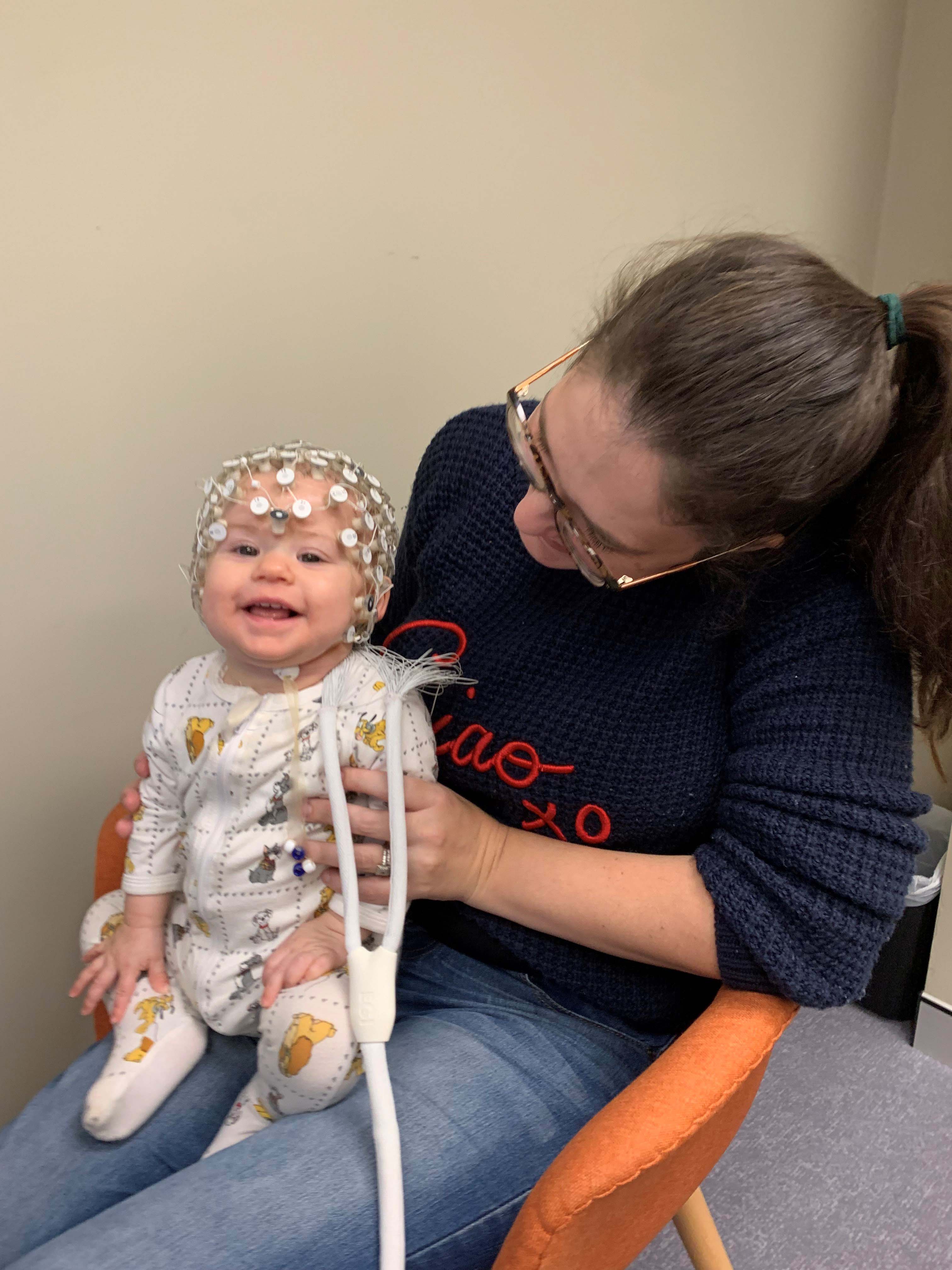
Therapies for autistic children
We have a strong focus on better understanding what supports (or combinations of supports) work at a specific time for a specific family and child on the autism spectrum.
Our aim is to find new ways to reduce the disability associated with autism, and help promote the strengths of each and every child on the autism spectrum.
Our research projects in this area include:
- CUES: We are trialling a new group program for parents/caregivers that helps families understand how to support and manage their child's challenges with uncertainty in everyday environments.
- CO-OP: This study is a randomised controlled trial that will assess the effectiveness of the CO-OP therapy for developing motor skills for children on the autism spectrum.
- Move2Engage: Our researchers are trialling a new group-based exercise intervention for young people who have a neurodevelopmental condition (ASD, ADHD or DCD) associated with significant movement challenges.
- CliniSibs: This program has been designed to provide a place where siblings of autistic children can meet to share their experiences and feel supported to learn new ways of coping.
- Proactive Study: This study is looking at probiotic supplementation for autistic children to see if it will have a positive impact on gut balance and behavioural traits.
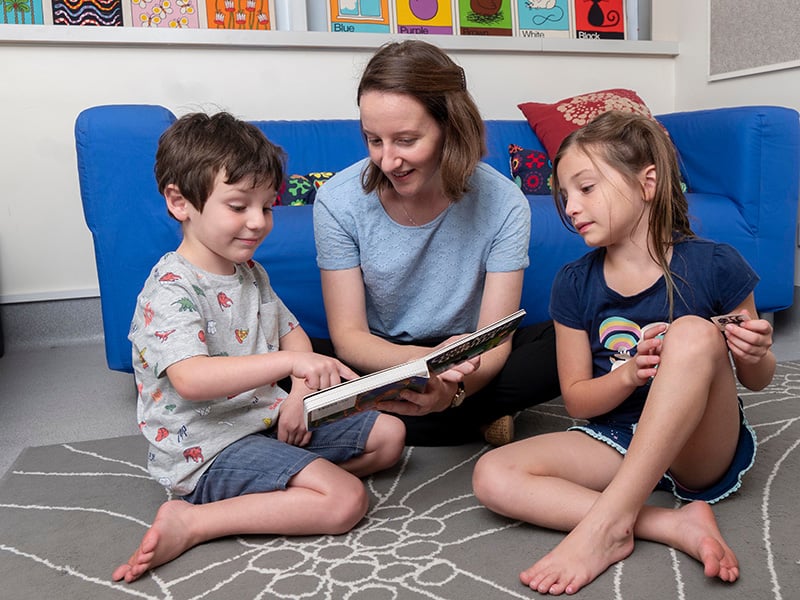
Adolescent and adult outcomes
Our team is seeking to understanding more about the experiences of autistic individuals during adolescence and adulthood.
Our aim is to understand more about the early life factors that may lead to more positive outcomes later in life.
Autism Policy in Australia
We are committed to working with Government to support the development of timely, equitable and meaningful policy relevant to the autism community in Australia.
Our aim is to work collaboratively and provide evidence-based advice to Government that helps create positive change for each autistic individual and their family.
Our projects in this area are:
- The development of national practice guideline for paediatric autism therapies in Australia.
- The WA Autism Register - The Register collects information about new diagnoses of autism spectrum conditions in Western Australia to help us to understand how many people receive a diagnosis, what features they have in common and trends over time. This project is now closed.
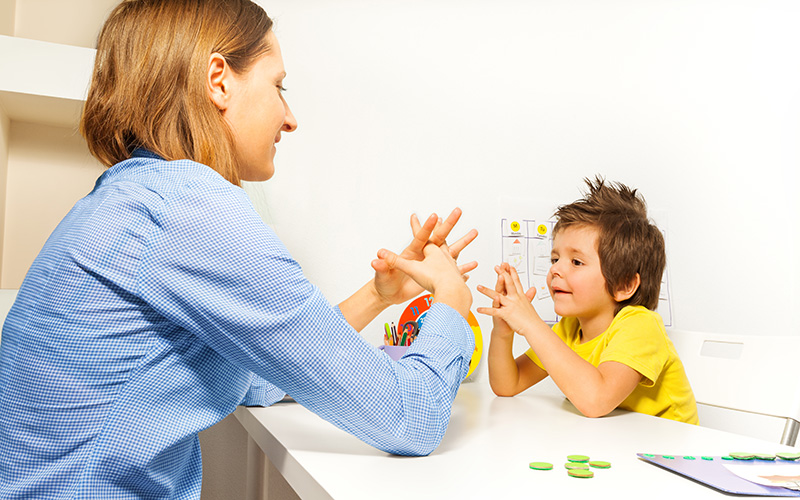
Biological research
Our team is involved in a number of studies that are seeking to understand more about the biological pathways that may lead to autism.
Our aim is to use the knowledge gained from these studies to develop new therapies that may help reduce the disability associated with autism.
Our projects in this area are:
- The TALK Study: Exploration of testosterone levels during pregnancy and link to language development and cerebral lateralisation in children.
- Understand how prenatal brain development influences early newborn behaviour.
